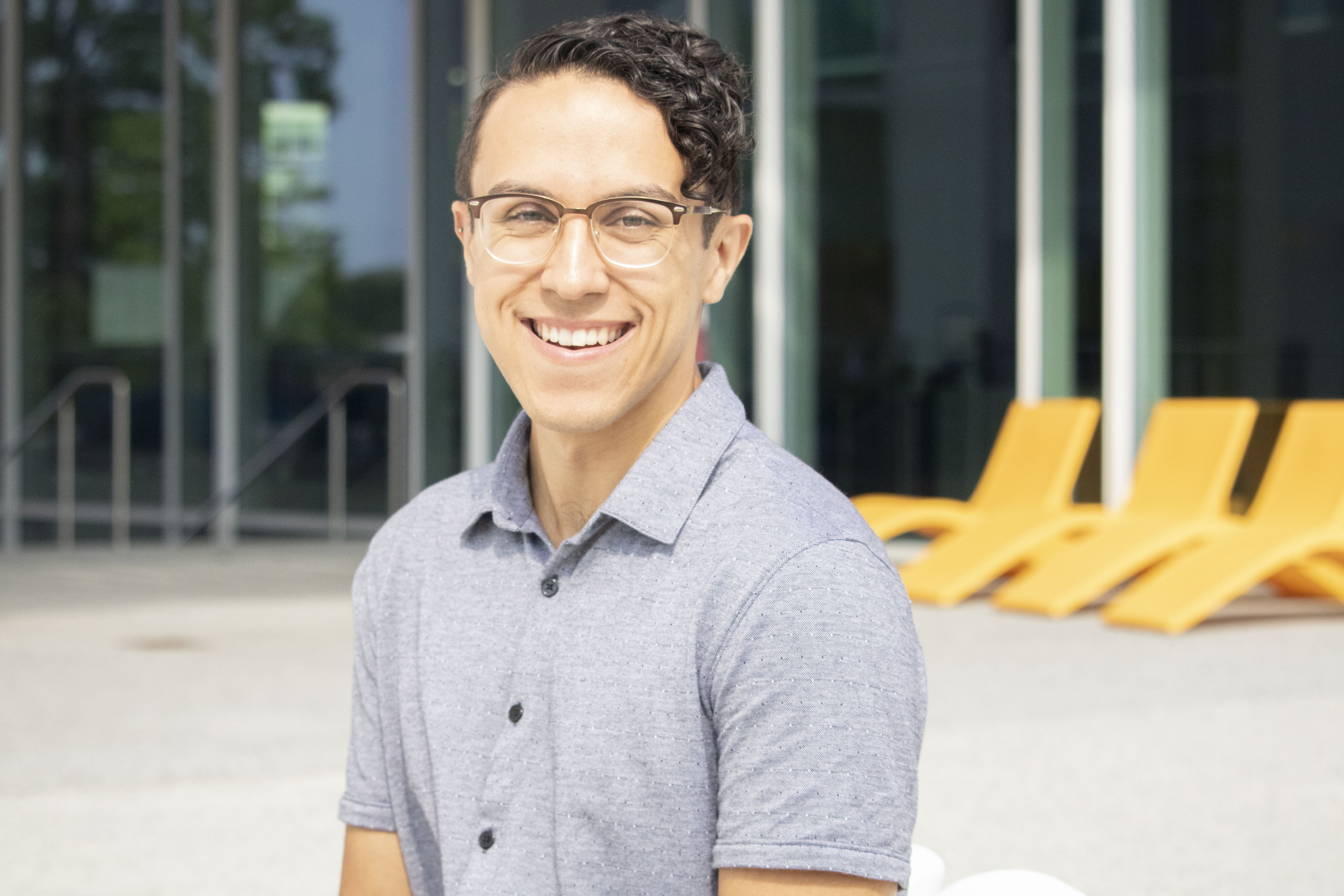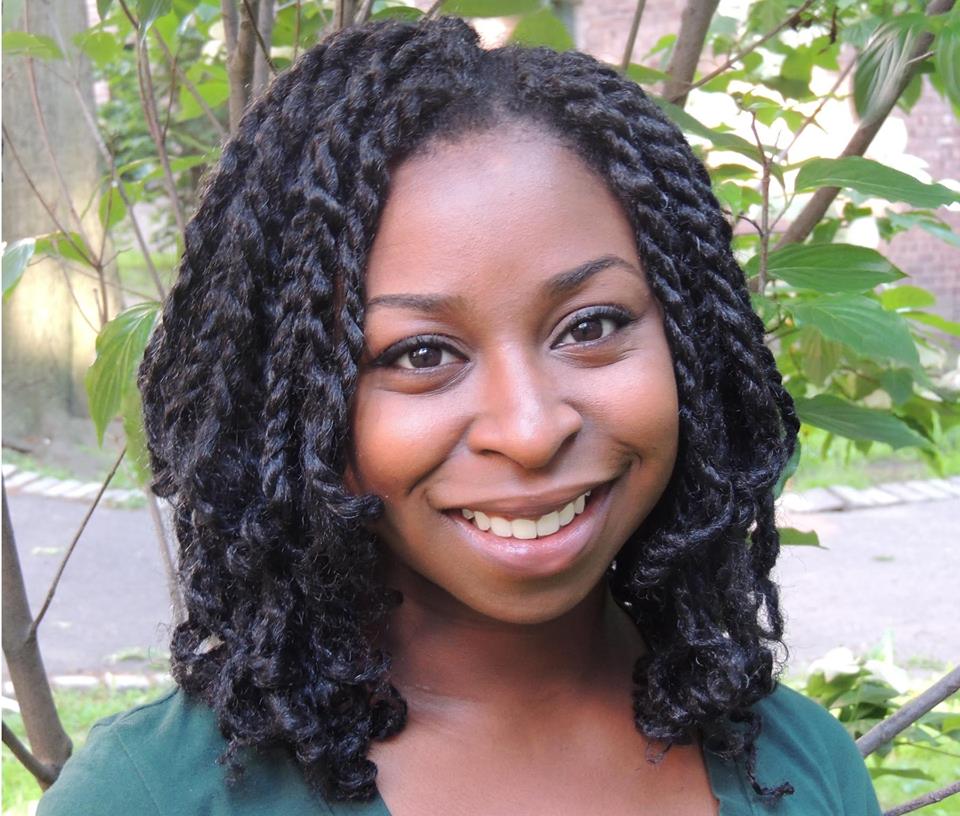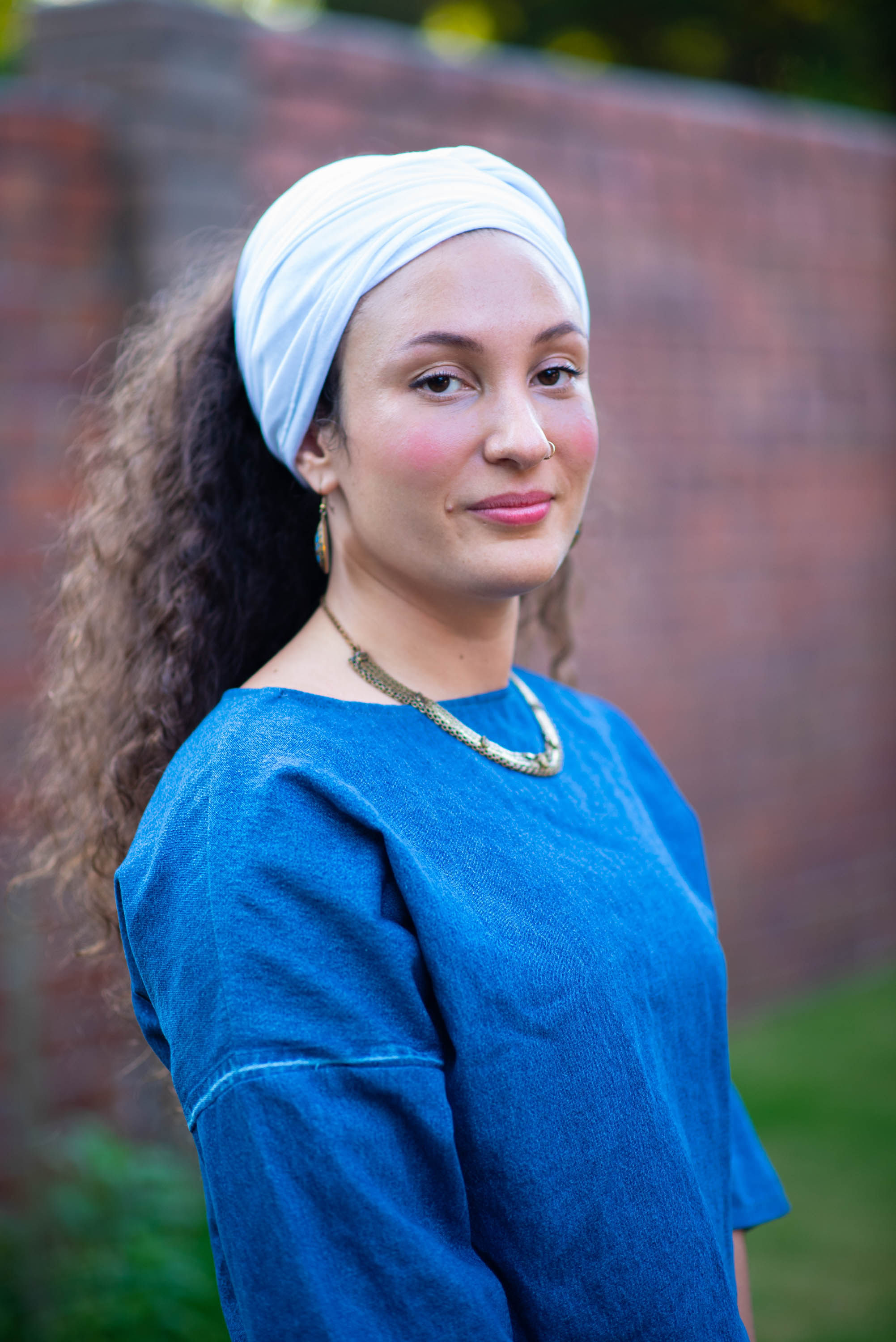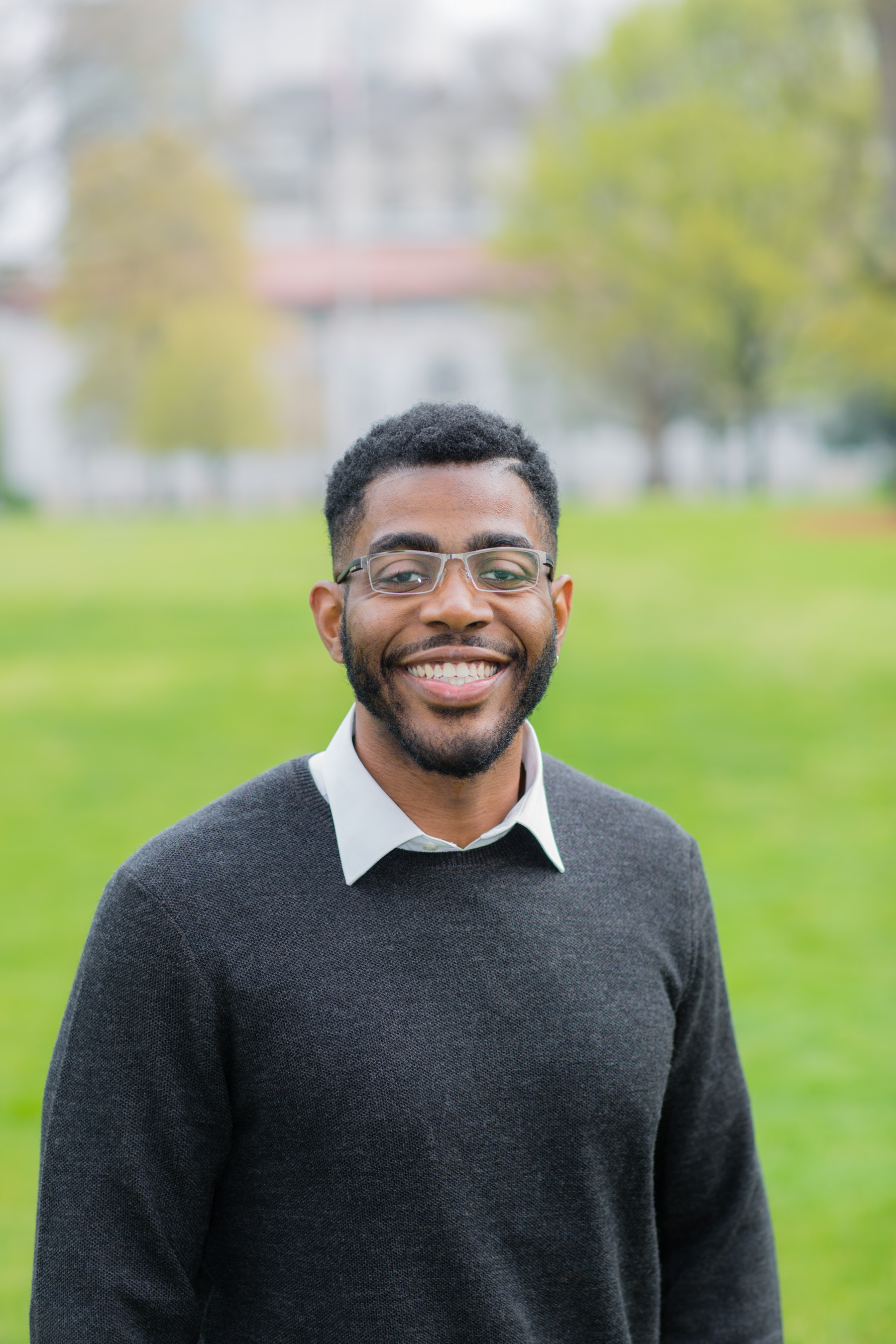2021 Inductees
2021 Scholars

Brent Allman is a Ph.D. candidate and NSF Graduate Research Fellow in the Population Biology, Ecology, and Evolution graduate program at Emory University. He is a computational biologist and develops mathematical and individual-based models to answer questions about pathogen evolution. In particular, he is interested in how the social and sexual activities of RNA viruses modify diversity within viral populations. Frequently using influenza A virus as a model system, his dissertation covers themes around stochastic processes, spatial evolution, and the evolution of sex. Prior to his time at Emory, Brent completed a Post-Baccalaureate Research Education Program (PREP) in infectious diseases at the University of Georgia. PREP is where he first became interested in how genetic exchange (sex) among pathogens contributes to the diversity of their populations. He entered the University of Georgia with a B.A. in Mathematics and a minor in Biology from the University of San Diego. Throughout his education, Brent has been involved in a variety of service and leadership roles that contribute to diversity and inclusion in the academy. He has mentored minoritized students through the Initiative to Maximize Student Development with professional development, as well as the Office for Undergraduate Education with grant writing guidance. He also works to garner community within the LGBTQ+ graduate and professional Emory community as the President of the Graduate Coalition. He also facilitates a weekly Queer Graduate Student Discussion Group in collaboration with the Office of LGBT Life at Emory University. Brent plans to continue working to broaden the scope of diversity and inclusion advocacy while he works towards the goal of entering the professoriate as an interdisciplinary scientist.

Lasha Clarke recently earned her PhD in Epidemiology from Emory University. Lasha’s research centered around the social determinants of reproductive health disparities, with a particular focus on the biopsychosocial effects of gendered racism on Black maternal and child health. In addition to her scholarship, Lasha volunteered as a birth doula and held leadership roles in diversity, equity, and inclusion at the department, research center, and university levels. Lasha holds a Master of Public Health in Global Epidemiology from Emory University and a Bachelor of Arts in Psychology from Princeton University. Long-term, Lasha aims to lead research that improves health equity and creates meaningful advancement opportunities for historically marginalized groups.

Marcelitte Failla is a Black mixed-race educator, researcher, and scholar of African heritage religions in the United States and throughout the African diaspora. Through a Black feminist lens, her work explores how religions such as Yoruba Ifá, Haitian Vodou, and Hoodoo of the American South are used for collective healing and social justice. Failla is a Ph.D. candidate at Emory University whose dissertation investigates Black witchcraft and how practitioners employ its spiritual technology for manifestation, healing, and protection from anti-Blackness. As a practitioner of both Ifá and Hoodoo, and a self-identified Black witch, Failla often holds ceremonial space in academic and community settings. Her most recent publication, entitled “Black Femmes, Black Gods: Magic as Justice,” can be found in the Journal of Religion and Culture at Concordia University. Failla currently lives in Atlanta, GA, with her partner and two cats.

Jordan A. Lewis is a 4th year PhD candidate in the Population Biology, Ecology, and Evolution program Emory University. His research focuses on how various environmental factors influence both the development, and resulting characteristics, of a host’s infection defenses. He is also enrolled in the bioethics doctoral certificate program at the Emory Center for Ethics. Jordan is a recipient of the Laney Graduate School Fellowship, the Emory Initiative to Maximize Student Development (IMSD) Fellowship, and the National Science Foundation Graduate Research Fellowship (GRFP). He received a Bachelor of Science in Biology and Environmental Science from Winthrop University where he was a McNair Research Scholar and member of the Honors College. Jordan enjoys teaching and mentoring and has a general interest in improving the experiences of students across all levels. He also has a commitment to diversity and inclusion in the academy and enjoys recruiting undergraduates as well as teaching evolution to K-12 students. Jordan is a Fellow for the Emory Diversifying Graduate Education (EDGE) Program where he assists the graduate school with recruitment of diverse students and various graduate community programs. He plans to continue his journey into the professoriate, where he can continue to pursue his scientific passions while training the next generation of researchers

Juan Daniel Rodriguez is a Ph.D. candidate in the Department of Cell Biology at Emory University in Atlanta, Georgia. He earned his master’s degree in integrated biology at Kennesaw State University in Georgia, studying the role of the proton channel in the bioluminescent dinoflagellate species. From this work, he earned his first author publication. Before that, he studied his bachelor’s degree in biomedical science at the Interamerican University of Puerto Rico. His research focuses on the microscopic worm, C. elegans, whereas he’s investigating how epigenetic modifications can regulate embryo development and cell fate determination. From his proposal, Juan was awarded the Ruth L. Kirschstein National Research Service Award (NRSA) Individual Predoctoral Fellowship (F31). In addition, Juan has been actively involved in teaching and outreach programs. He had taught in the liberal arts college Oglethorpe University. He is involved in mentoring students from this institution, for example, he mentored a student with her Honor’s thesis project. One of Juan's career goals is to increase research opportunities in his hometown of Puerto Rico, especially his undergraduate campus and public high schools. As a member of the Yale Ciencia Academy-2020(YCA), he started a series of conversations with undergraduates from different institutions of Puerto Rico, including his undergraduate institution. Juan has developed a summer hands-on course for students in Puerto Rico, the course was postponed due to the pandemic but hopefully, he would be able to implement this course. Long-term goals, he sees himself combine his passion for mentoring, teaching, outreach, and becoming a scientist that could impact different areas.